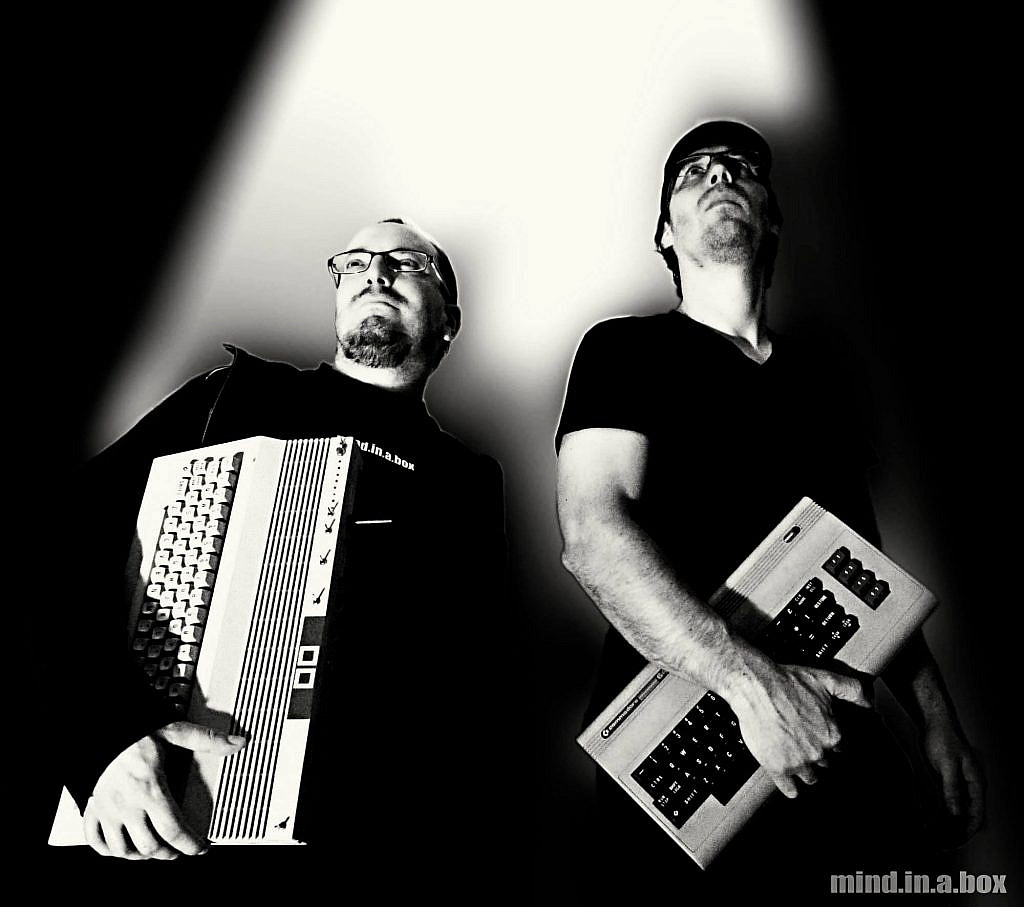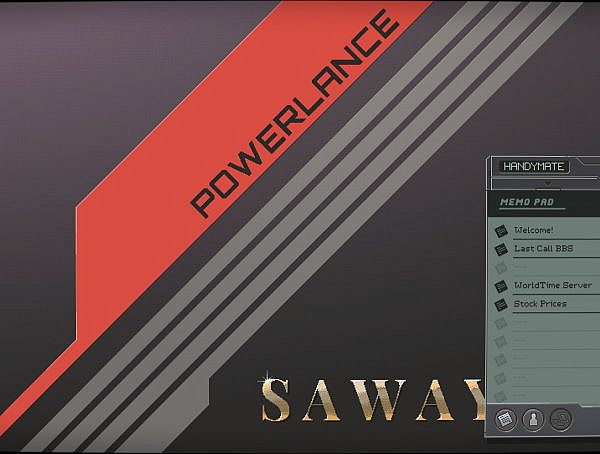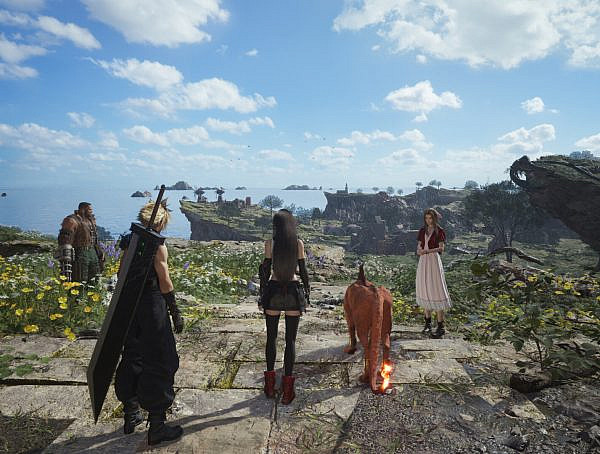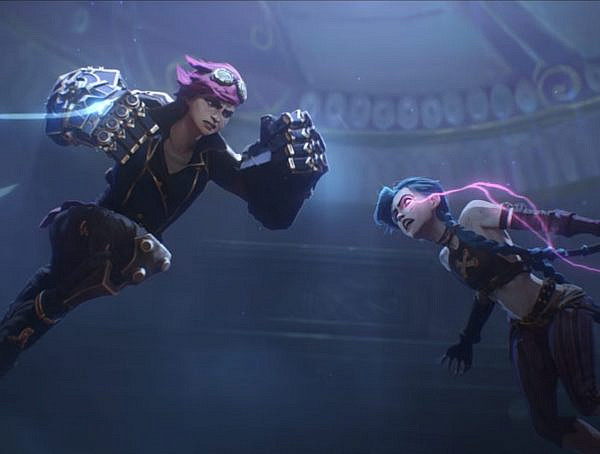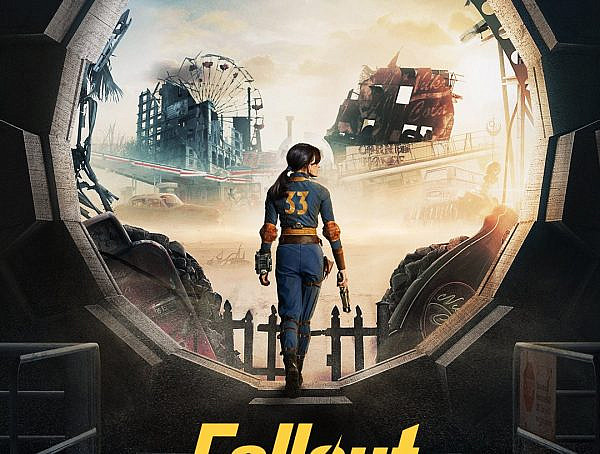The 2010 album R.E.T.R.O., by the electronic music duo mind.in.a.box., is a loving, dreamy homage to old Commodore 64 games and their music. Indeed, most of the songs on the album are covers of C64 game themes. There are some original songs created specifically for the album, but these, too, pertain to the same motif, hearkening back to that magical time of 8-bit and 16-bit games when you wouldn’t press “start” immediately, but would just sit there, controller in hand, staring at the star screen for a while, listening to the theme song of the game. You know, getting into the mood.
This album is a slight diversion from the band’s other output. All their other albums form a single concept, a sprawling cyberpunk story, whereas this one is, conceptually, the only album of theirs that does not connect to the others in any way. It is also somewhat different musically: while it definitely still exists comfortably under the umbrellas of “futurepop” and “electronic body music” like their other music, it introduces elements of chiptune and other such retro influences, on account of many of the cover songs adhering to the original compositions quite faithfully. The first two tracks, in particular, the covers of the themes for Last Ninja 3 and Lightforce, sound almost strikingly similar to the originals (other covered themes include those of The Last V8, Supremacy: Your Will Be Done and The Last Ninja). The basic idea is the same with all the covers: take the original melodies and compositions, and “update” them with modern sounds and robust beats, while still retaining their essence. The result is fantastic; the music feels at once both new and old.
The past is present in the new songs, as well. The songs “8 Bits” and “I Love 64” form a nice arc between the two of them. “8 Bits” is about an 8-bit character who, in the age of 64 bits and 3D graphics and having to live only through emulation, feels alienated and longs to go back to the simpler time of 8 bits. Then, in “I Love 64”, the 8-bit character falls in love with a 64-bit character and wants an upgrade. Cute stuff. The final two tracks take a more melancholy turn: in the penultimate track, “We Cannot Go Back to the Past”, the lyrics consist entirely of the title of the song as a haunting refrain. The closing track, “Whatever Mattered”, is about accepting the passage of time, perhaps, or feeling dispirited that one loses the attachment one feels for things in one’s youth as time goes by. If the album end on a wistful note, it is only because that is the mindset reminiscing about the good times in the past often puts you in. And there is nothing wrong with that. It’s just one of the beauties of this album, really. That same quality is there in most synthwave, too, these days an extremely popular genre to which bands like mind.in.a.box were precursors in the early 2000s. I guess many of us want to go back to the past every now and then, even if we can only do it like this. This trip to the past is definitely worth taking, repeatedly.
Release date:
26.02.2010 (Dependent Records)
09.03.2010 (Metropolis Records)
Length: 53:58
Picture credit:
http://mindinabox.ru/discography/retro.html
https://www.facebook.com/mindinabox.official/photos








